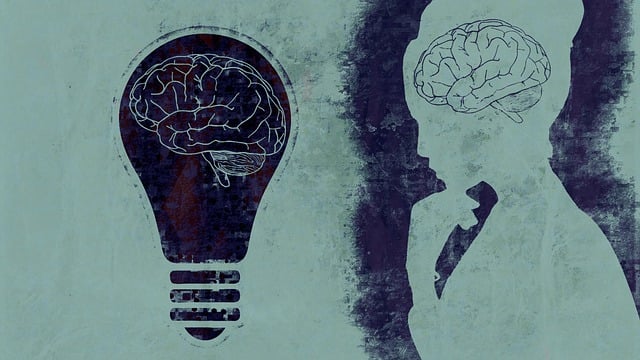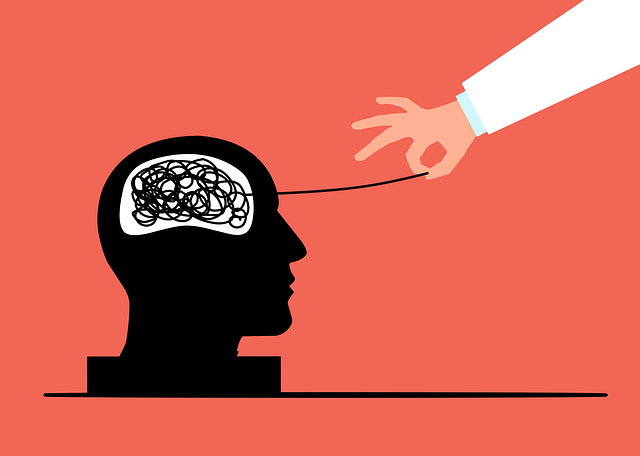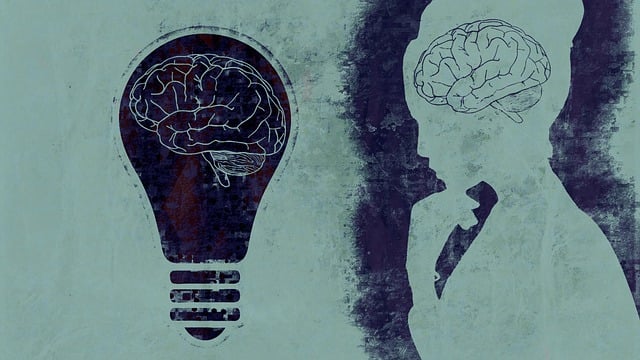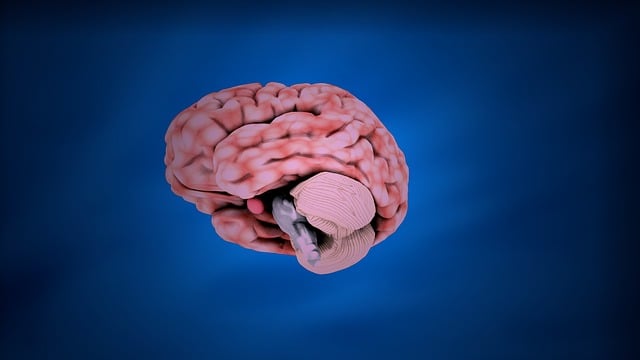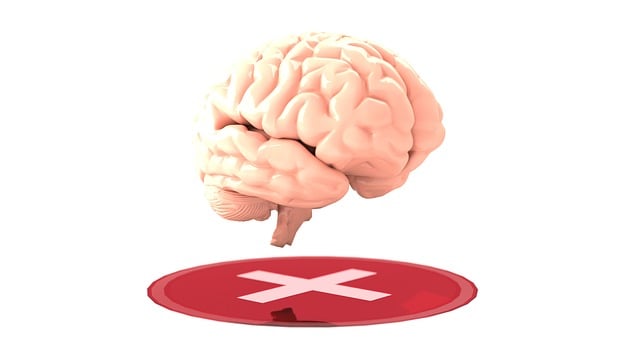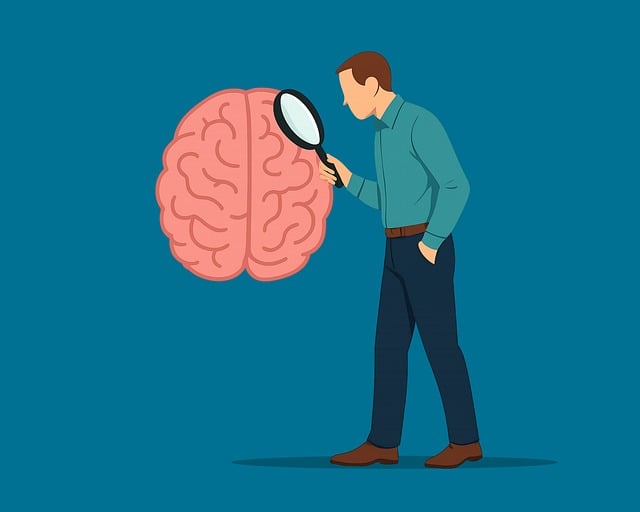Stress, a universal challenge affecting all aspects of life, is managed in Colorado Springs eating disorders therapy through holistic approaches like cognitive-behavioral therapy (CBT), mindfulness, and meditation. CBT targets negative thought patterns, enhancing emotional intelligence and coping mechanisms. Mindfulness promotes present-moment awareness, reducing stress impact. Therapy centers integrate physical well-being with mental health services, emphasizing diet, exercise, and conflict resolution for balanced living. Mental wellness coaching focuses on emotional intelligence and communication to navigate stressful situations calmly.
In today’s fast-paced world, stress management is an essential skill. This comprehensive guide explores effective techniques to navigate and overcome stress in Colorado Springs eating disorders therapy and beyond. We delve into the science behind stress, its causes and consequences, and present a range of strategies. From cognitive behavioral therapies that rewire negative thought patterns, to mindfulness practices for mental clarity, and lifestyle adjustments for lasting calm, these methods empower individuals to thrive.
- Understanding Stress: Unraveling the Causes and Effects
- The Role of Therapy in Effective Stress Management
- Cognitive Behavioral Techniques for a Calmer Mind
- Mindfulness and Meditation: Finding Inner Peace
- Lifestyle Changes for Long-Term Stress Reduction
Understanding Stress: Unraveling the Causes and Effects

Stress is a multifaceted aspect of modern life, impacting individuals across various demographics and settings, including those seeking Colorado Springs eating disorders therapy. Unraveling its complexities involves understanding both its causes and effects. On one hand, stressors can stem from external factors like work pressures, financial constraints, or major life changes. Internally, they may arise from perceived threats to our sense of control, self-worth, or safety. The impact of stress is similarly diverse, manifesting as physiological responses (e.g., elevated heart rate, muscle tension), emotional disturbances (anxiety, irritability), and even cognitive challenges (difficulties concentrating, making decisions).
Recognizing these dynamics is crucial for effective stress management. This involves developing self-care practices such as mindfulness meditation, cultivating healthy coping mechanisms, and seeking support from healthcare providers who offer culturally competent care. By addressing both the sources of stress and its far-reaching consequences, individuals can navigate life’s challenges with greater resilience.
The Role of Therapy in Effective Stress Management

In the quest for effective stress management, therapy plays a pivotal role by offering specialized tools and techniques tailored to individual needs. Colorado Springs Eating Disorders Therapy, for instance, focuses on addressing underlying issues that contribute to heightened stress levels, often intertwined with eating disorders. Through various therapeutic approaches, such as cognitive-behavioral therapy (CBT), individuals learn to identify and challenge negative thought patterns and behaviors that exacerbate stress. CBT, recognized as one of the most effective Stress Reduction Methods, empowers clients to develop healthier coping strategies and enhance their overall well-being.
Beyond stress reduction, therapy facilitates Self-Esteem Improvement by helping individuals uncover and embrace their strengths and resilience. Social Skills Training is another valuable component, equipping people with the ability to build and maintain meaningful connections, which can serve as a powerful buffer against stressful situations. By combining these therapeutic interventions, individuals gain invaluable insights and practical skills to navigate life’s challenges more effectively, fostering a greater sense of control and reducing stress impact.
Cognitive Behavioral Techniques for a Calmer Mind

Cognitive Behavioral Techniques (CBT) offer a powerful approach to stress management and achieving a calmer mind. This therapy type is widely recognized for its effectiveness in treating various mental health conditions, including eating disorders, which are prevalent in Colorado Springs Eating Disorders Therapy settings. CBT focuses on identifying and changing negative thought patterns and behaviors that contribute to stress and anxiety. By challenging unhelpful thoughts and replacing them with more realistic and positive ones, individuals can develop a healthier mindset and improve their emotional resilience.
Through empathy-building strategies and fostering emotional intelligence, CBT enables people to better understand and regulate their emotions. This process involves learning to recognize triggers, developing coping mechanisms, and cultivating mindfulness practices. By mastering these skills, individuals gain greater control over their reactions to stressful situations, leading to improved mood management and overall well-being.
Mindfulness and Meditation: Finding Inner Peace

In today’s fast-paced world, mindfulness and meditation have emerged as powerful tools to combat stress in Colorado Springs eating disorders therapy. These ancient practices encourage individuals to focus on the present moment, cultivating a sense of inner peace and calm amidst life’s challenges. By training the mind to observe thoughts and sensations without judgment, meditation helps reduce the impact of stressful situations, promoting better mental health.
Mindfulness goes hand in hand with meditation, emphasizing the importance of awareness and acceptance. It involves paying attention to one’s breath, bodily sensations, and surroundings, fostering a deeper connection with oneself. Incorporating mindfulness into daily routines can significantly enhance overall well-being. Moreover, community outreach programs implementing public awareness campaigns about mental health can further support individuals in discovering these effective stress management techniques, benefiting those seeking Colorado Springs eating disorders therapy or struggling with similar issues.
Lifestyle Changes for Long-Term Stress Reduction

Making sustainable lifestyle changes is a cornerstone of long-term stress reduction. This involves adopting healthy habits that address both physical and mental well-being. In Colorado Springs, eating disorder therapy centers often emphasize the interconnectedness of diet, exercise, and mental health, offering tailored programs to promote holistic healing. By integrating balanced nutrition with regular movement, individuals can lower their stress levels and build resilience.
Additionally, conflict resolution techniques and empathy building strategies play a vital role in managing chronic stress. These skills foster positive relationships and provide healthy coping mechanisms for challenging situations. Mental wellness coaching programs focused on developing emotional intelligence and effective communication can significantly enhance an individual’s ability to navigate stressful scenarios, ultimately contributing to a calmer and more balanced lifestyle.
Stress management is a holistic journey, and with the right tools, anyone can navigate life’s challenges with resilience. By understanding the root causes of stress and adopting evidence-based techniques like cognitive behavioral therapy, mindfulness practices, and lifestyle modifications, individuals can achieve lasting calm. Colorado Springs eating disorders therapy centers often emphasize these methods, demonstrating that managing stress effectively contributes to overall well-being and mental health. Embracing these strategies empowers people to live more balanced lives, fostering resilience in the face of life’s stressors.

